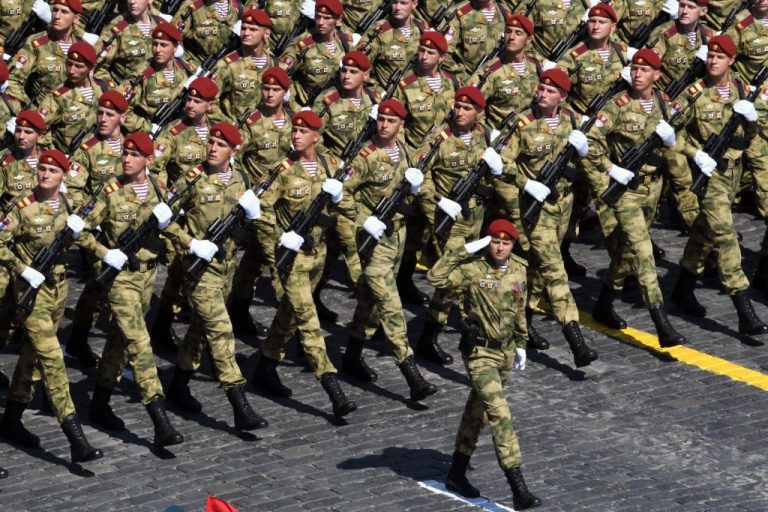Over the past two decades, U.S. Special Forces have played a critical role in combating insurgents and terrorists worldwide. Now, they are shifting their focus toward America’s two major threats — China and Russia.
Special forces typically specialize in unconventional warfare like strategic reconnaissance, direct-action operations, advising or training guerrilla forces or partner militaries, psychological operations, and so on. As such, participating in a conventional war against militaries from Russia or China will require the special forces to adapt to a more direct way of conflict.
Green Berets, one of the units of the Army special-operations forces (ARSOF), recently took part in Lighting Forge 21 exercises at Hawaii where they worked together with the 3rd Brigade Combat Team of the 25th Infantry Division in small-use tactics. The main focus of the exercises was for members of the elite team to work as a kind of assisting force to the main army.
“Green Beret’s focused this training toward assisting in a large-scale combat scenario alongside 3rd Brigade Combat Team, 25th Infantry Division. The Special Operations Soldiers support to the brigade emphasizes the use of small-unit tactic skills to disrupt enemy defenses, eliminate key targets, gather intelligence and provide increased maneuverability, improving the brigade’s ability to destroy the enemy,” the army said in a statement on Oct. 16.
READ MORE: US, Japanese, German Military Officials Meet to Strengthen Cooperation in Indo-Pacific
Success
You are now signed up for our newsletter
Success
Check your email to complete sign up
According to a former Green Berets, the unit “definitely” has a place in some of the conflicts America might have against its enemies, like targeting Chinese or Russian anti-access, area-denial (A2/AD) systems. He stated that the special forces have a long history of supporting conventional military and points to such operations during the Second World War, Vietnam, Korea, and the Gulf.
“I don’t believe we need to reinvent the wheel here. We just need to apply the lessons learned from [global war on terror] to our old practices to meet new threats… We spilled a lot of sweat and blood in Afghanistan, Iraq, and Syria to let those lessons go unused, but we also need to be cautious not to fight the last war,” an anonymous former operator told Business Insider.
The shift in focus for the special forces came as General John Hyten, vice chairman of the Joint Chiefs of Staff, warned about China’s military rise during a forum last month. Calling the Asian nation’s military progress “stunning.”
Hyten stressed that America has to “do something” fast and that the Chinese military would soon surpass the Russian and American forces if nothing is done to counter them. He pointed out that China’s recent hypersonic test was a message to the U.S..
“All the hypersonic weapons they’re building, all of the nuclear weapons they’re building, are not meant for their own population… It is meant for the United States of America, and we have to assume that, and we have to plan for that,” Hyten said.
On the Russian side, Moscow’s recent targeting of a satellite in space attracted severe criticism from Washington. Calling such actions reckless, U.S. Secretary of State Antony J. Blinken pointed out in a statement that the test has generated more than “fifteen hundred pieces of trackable orbital debris” and that it will possibly generate even more. Such debris will now threaten other satellites in space that are vital to the economic, security, and scientific interests of several nations.
“The events of November 15, 2021, clearly demonstrate that Russia, despite its claims of opposing the weaponization of outer space, is willing to jeopardize the long-term sustainability of outer space and imperil the exploration and use of outer space by all nations through its reckless and irresponsible behavior,” Blinken said.















